Similar to El Genocidio Silencioso
Twenty (2023)
Set in a speakeasy in Atlanta, “Twenty” is a feature documentary about fifteen young people making it through 2020. The film is an observational time capsule that lays bare the raw reflections of a group of people surviving a year that will be seared into our generational memory.
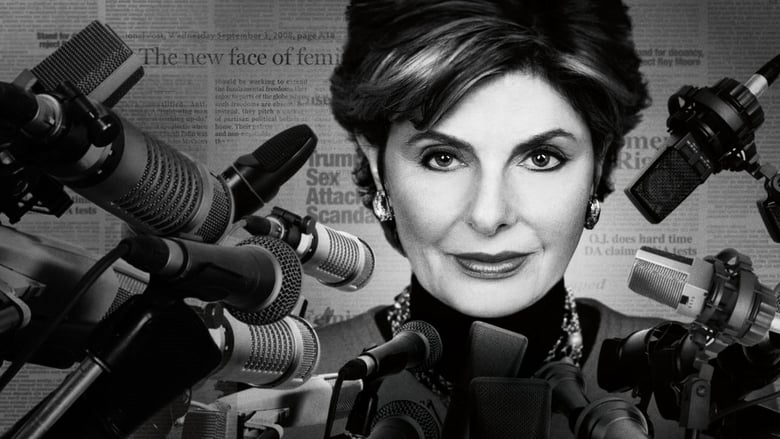
Seeing Allred (2018)
Gloria Allred overcame trauma and personal setbacks to become one of the nation’s most famous women’s rights attorneys. Now the feminist firebrand takes on two of the biggest adversaries of her career, Bill Cosby and Donald Trump, as sexual violence allegations grip the nation and keep her in the spotlight.
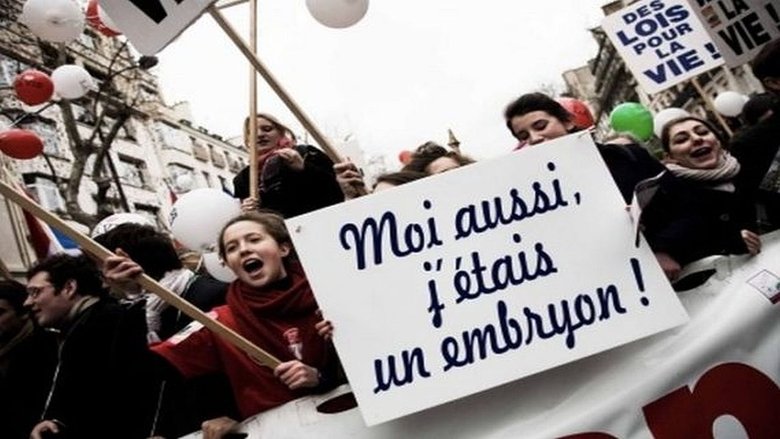
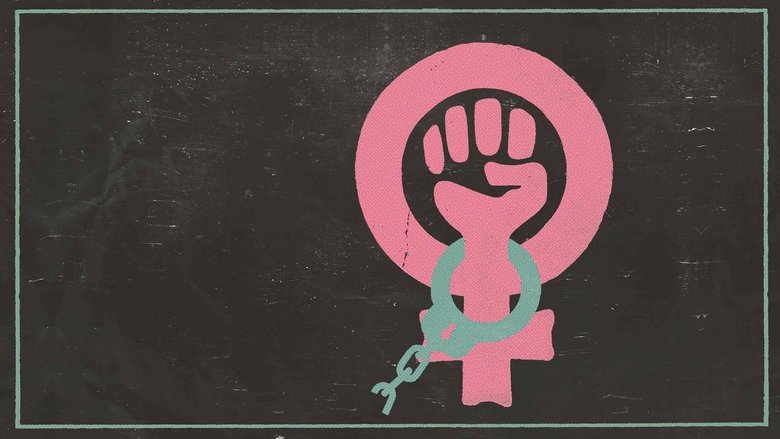
The Janes (2022)
Defying the state legislature that outlawed abortion, the Catholic Church that condemned it, and the Chicago Mob that was profiting from it, the members of “Jane” risked their personal and professional lives to support women with unwanted pregnancies. In the pre-Roe v. Wade era — a time when abortion was a crime in most states and even circulating information about abortion was a felony in Illinois — the Janes provided low-cost and free abortions to an estimated 11,000 women.
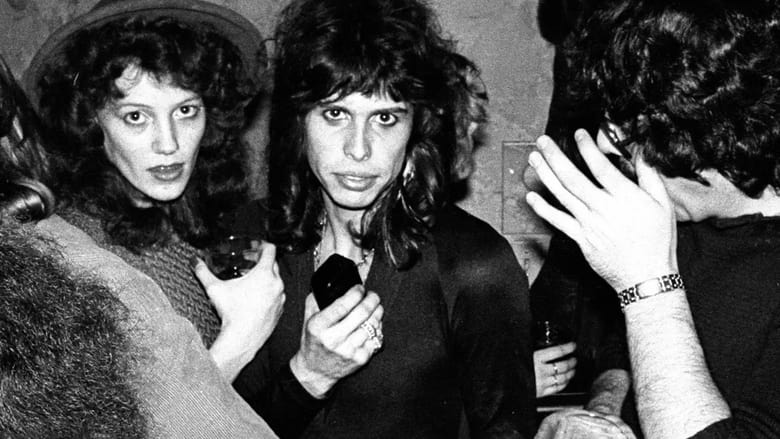
Look Away (2021)
Interviews from women involved in the 70's and 80's rock music industry. An examination of the people taking advantage of underage fans and calling for a "Me too" movement in the music world
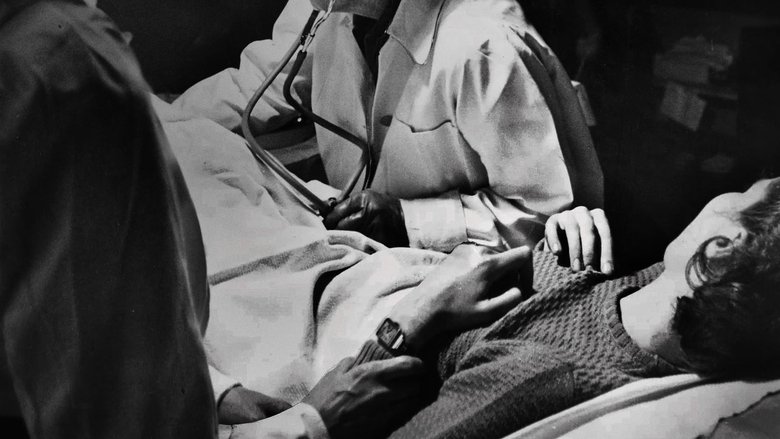
Reversing Roe (2018)
Documentary that delves deep into the history of abortion law, revealing the contradictory ways in which women's bodies have been used to further political and ideological agendas.
Shouting Down Midnight (2022)
Both cautionary tale and rallying cry, Shouting Down Midnight recounts how the Wendy Davis filibuster of 2013 galvanized a new generation of activists and reveals what is at stake for us all in the struggle for reproductive freedom.
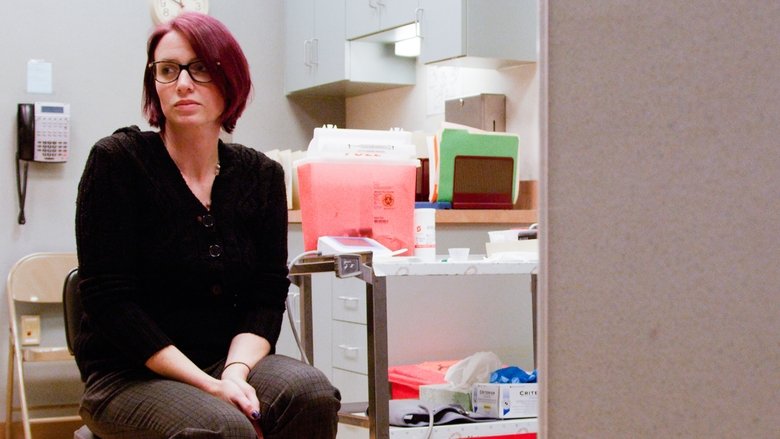
Abortion: Stories Women Tell (2016)
A thought-provoking look at the subject of abortion today, told through the stories of women struggling with unplanned pregnancies, abortion providers and clinic staff and activists on both sides of this contentious debate.
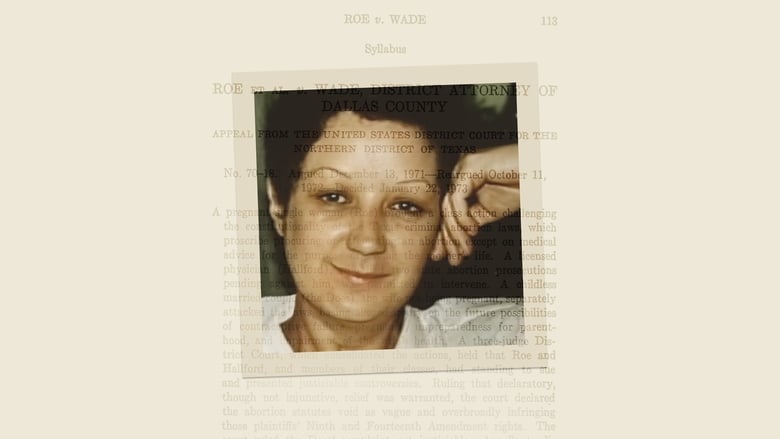
AKA Jane Roe (2020)
A portrait of Norma McCorvey, the “Jane Roe” whose unwanted pregnancy led to the 1973 case that legalized abortion nationwide, Roe v. Wade. The documentary unravels the mysteries closely guarded by McCorvey throughout her life.
Abortion: Desperate Choices (1992)
An intensely personal exploration of an explosive issue -- abortion in America. Wrenching first-person narratives from seven decades of women, each one facing an unplanned pregnancy -- and the dreadful decision that no one wants to make. Both pro-life and pro-choice, both out front on the picket line and inside the clinic, these women's stories turn politics into heart-searing drama: a pregnant 17-year-old and her pro-life mother whose conflict unfolds in front of the camera; a 22-year-old who became a pro-life protester when she learned that her mother nearly aborted her; an unhappy mother-of-two who's expecting a third when her marriage suddenly hits the rocks; a 71-year-old grandmother who still grieves for her mother, an early victim of illegal abortion. In this fusion of past and present, the history of abortion is the history of women -- told at a time in America when yesterday's back-alley abortions may be the only choice left for tomorrow.
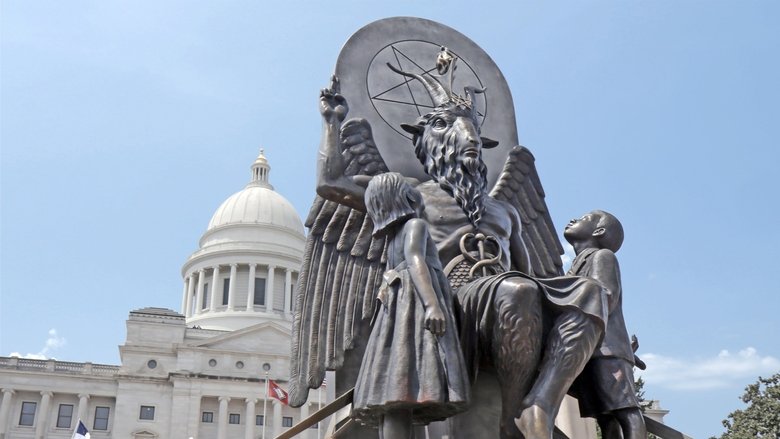
Hail Satan? (2019)
The story of The Satanic Temple, a controversial movement that combines religion and activism with the apparent purpose of questioning the basic foundations of US society.
180 (2011)
The film begins by showing images of the Holocaust, and stating that Hitler sanctioned the killing of 11 million people. This is followed by Comfort interviewing people about Adolf Hitler; their responses indicate a lack of historical knowledge, although he also finds a neo-Nazi who claims to love Hitler. Comfort proposes a hypothetical situation to his interviewees, asking if they would kill Hitler if they had the opportunity at that time in history. He asks more hypotheticals dealing with what his interviewees might do in other circumstances related to the Holocaust. He then switches his topic to make similar comparisons to abortion within the United States and the right to life, personalizing his arguments to make comparisons between the Holocaust and abortion in order to place the interviewees on the spot. The documentary concludes with Comfort stating that over 50 million abortions have occurred to date; he calls this the "American Holocaust".
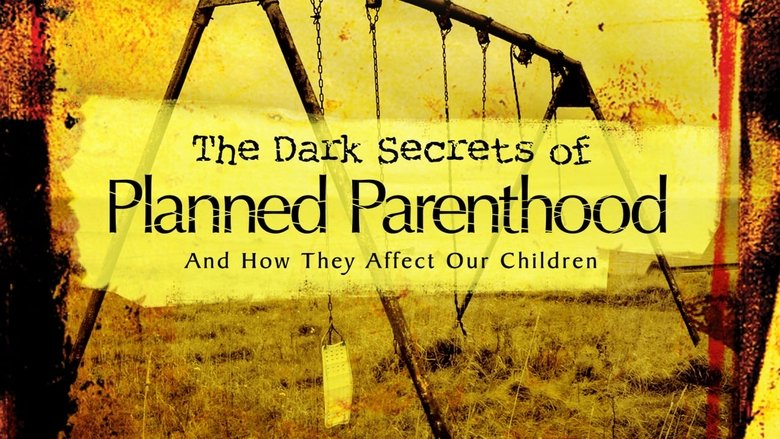
The Dark Secrets of Planned Parenthood (2010)
This jaw-dropping exposé goes beyond Planned Parenthood’s deceptive public guise and takes a look at its dark underbelly. You will see how Planned Parenthood is contributing to the moral decline of the United States of America and the murder of millions of innocent children. Follow along as we examine the roots… and (rotten) fruit… of Planned Parenthood.
The A-Word (2010)
In the fall of 2009, Lindsay Ellis, a 26-year old graduate student, went through the painful process of having an abortion. “The A-Word” follows Ellis as she opens up to her family and organizations from both sides of the debate, in search of healing. This is not a film about the protests and debates wrapped up in religious views and political agenda, but rather a personal journey about one woman’s struggle to shed the stigma attached to the A-word in hopes of starting a dialogue.
Ours to Tell (2020)
Four people - Brittany, Hannah, Nick, and Ylonda - tell their stories about how access to abortion in their community helped them empower themselves to lead lives they want to live.
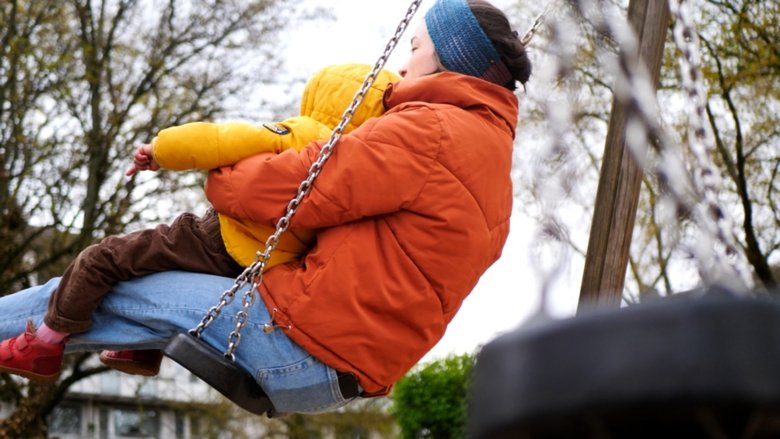
Me Time (2022)
In this documentary, 6 protagonists tell their personal experiences of abortion and sterilization, from unplanned pregnancy to a happy mother and vice versa from the wanted child to regretting motherhood.
Mom's Letter (2024)
The mother and daughter face the question of whether to keep the pregnancy or terminate it. Both are under pressure from relatives, friends, and doctors. Both are going through a difficult decision-making process. Each episode of the artistic part shows the life circumstances and the path that a woman in a crisis situation goes through. In documentary inserts, representatives of various professions (psychologists, lawyers, gynecologists, clergymen) tell how they face the problem of abortion in their lives.
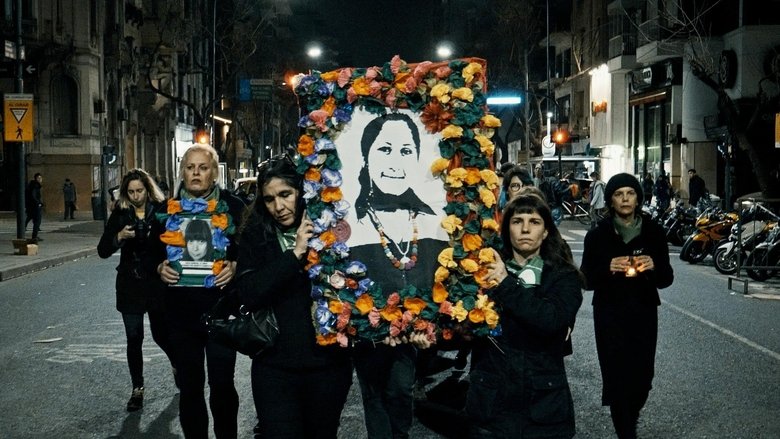
Let It Be Law (2020)
In Argentina, a woman dies every week as the result of illegal abortions. In 2018, for the seventh time, a motion supporting legal, secure and free abortion was presented to the national congress of Argentina. The project provoked a fierce debate, revealing a society divided more than ever between the pro-life and freedom to choose positions. Through an assemblage of passionate testimonies, Let It Be Law documents the determination of women fighting bravely to secure the right to physical self-determination, and bears witness to their massive mobilization in the streets of Buenos Aires.
Jane: An Abortion Service (1995)
This fascinating political look at a little-known chapter in women's history tells the story of "Jane", the Chicago-based women's health group who performed nearly 12,000 safe illegal abortions between 1969 and 1973 with no formal medical training. As Jane members describe finding feminism and clients describe finding Jane, archival footage and recreations mingle to depict how the repression of the early sixties and social movements of the late sixties influenced this unique group. Both vital knowledge and meditation on the process of empowerment, Jane: An Abortion Service showcases the importance of preserving women's knowledge in the face of revisionist history. JANE: AN ABORTION SERVICE was funded by the Independent Television Service (ITVS) with funds provided by the Corporation for Public Broadcasting.